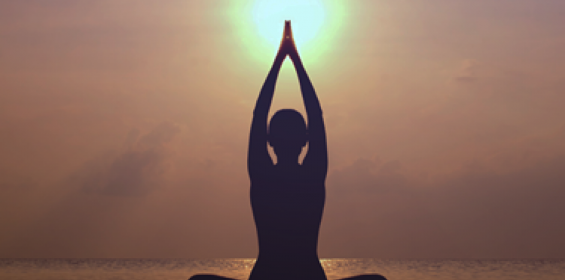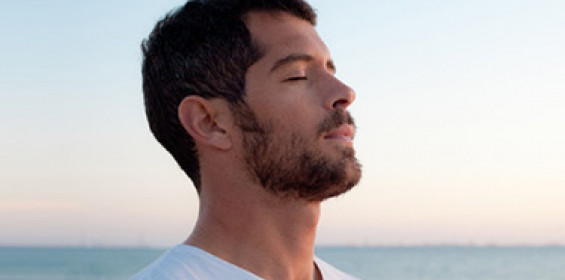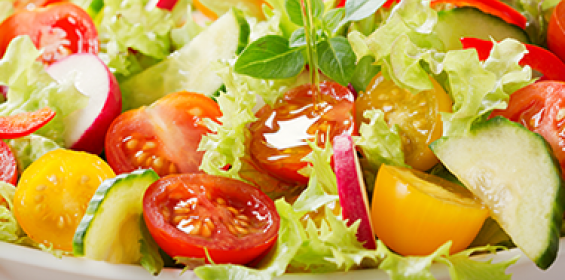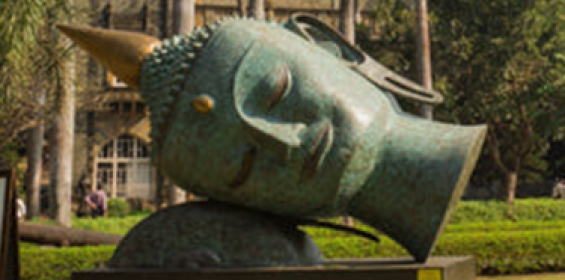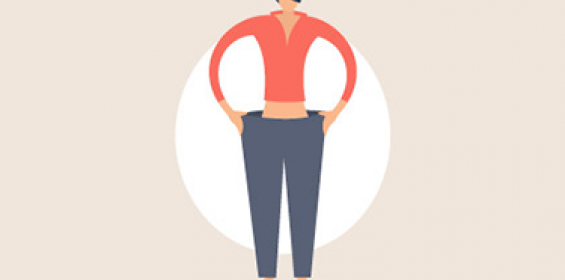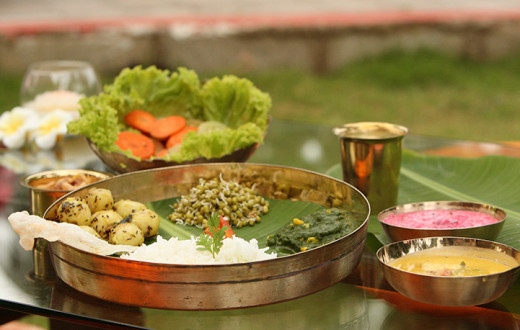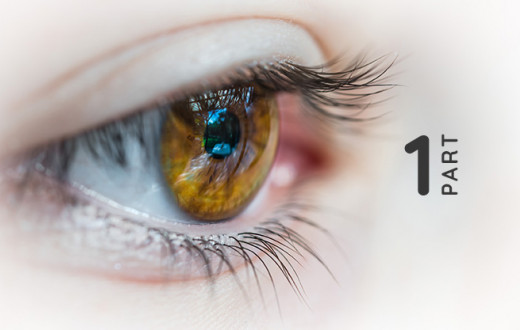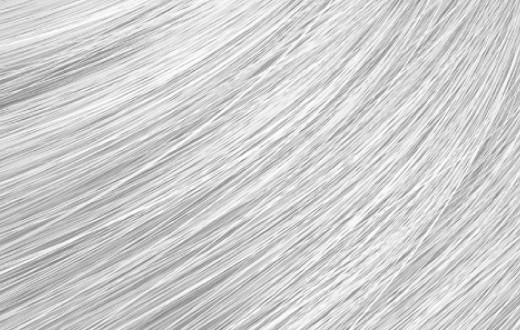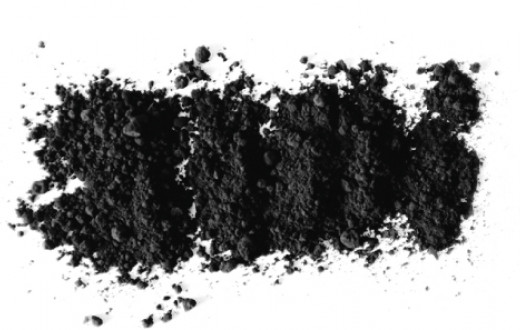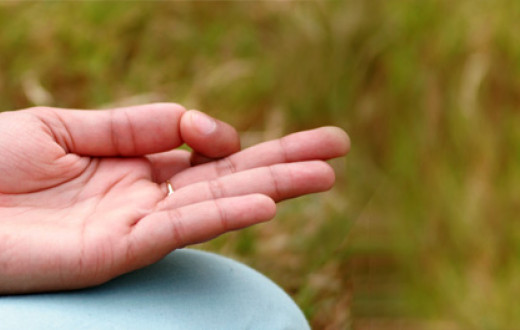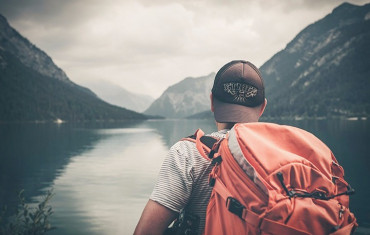The time is 9am. I am here in upper Dharamkot, Dharamshala, India. Dharamshala as most of you would know is a region in the mountainous region of Himachal Pradesh. I have been coming regularly here for the past 10 years. However, this is the first time I have arrived with no scheduled date for departure. I have been here for more than a month and this is the first time I am looking at this place from the eyes of a local and not a tourist.
I have changed a lot in the last 10 years. I can’t help but notice that so has Dharamshala. I can’t be sure about me, but Dharamshala for sure hasn’t changed for the good. The place was never this crowded and noisy. The air especially in the city is polluted. I was never scared to take a deep breath in here. I went high up to the mountain peak at Triund, and the city below is growing like a fungus next to the mountains. There are houses, and plastic everywhere. So much plastic. I expressed my disappointment with the change of Dharamshala with some travellers I met here. They said, “It’s the same everywhere in the world.” I mean, don’t get me wrong. The place is still beautiful. The people are still warm and the place is full of travellers who are looking for something more meaningful in their life. The mountains have that effect on people I guess. All I am saying is I am scared for its future, and they say, “it’s the same everywhere.”

I have heard that phrase before but this is the first time I really thought about it. The change in Dharamshala is a very close parallel to the change in the world. It’s not a good news for the world, and we don’t have to look far for the fault. We have to look within. We, the humans, have created the problem.
Dr. B. Alan Wallace, Physicist, Buddhist Scholar summarizes our current state best. He remarks – “We are in a state of unprecedented crisis. We are undermining our own existence, by literally killing ourselves. We are not taking the steps that the scientists have said we absolutely must make in terms of global climate change, a decimation of the biosphere, emptying the oceans of fishes and filling it with plastic. We are poisoning the soil, the sky and the water. We’ve wiped out 50-60% of wildlife in last 50 years. Our growth on this planet is cancerous and all the other species will breathe a sigh of relief once we are gone.”

The words are scary because the times are scary. Global warming is a reality and we are looking at catastrophic droughts, the collapse of agricultural belts and marine ecosystems, severe storms, and much more. We have to take actions and each one of us need to change the way we consume and live. Here are some of the things we can do that can help us minimize the damage:
1. Become a vegetarian: There are many reasons to become a vegetarian that is supportive of your physical health, and of the animals that you eat. Moreover, in this context, according to scientists, becoming a vegetarian might be your biggest contribution to saving your planet. The findings reveal that meat and dairy production is responsible for 60 percent of agriculture’s greenhouse gas emissions, while the products themselves providing just 18 percent of calories and 37 percent of protein levels around the world.
2. Buy organic produce – Chemical fertilizers are non-renewable and damage the health of the plants and soil, and adversely affect the biodiversity and ecosystem. It’s time to come back to our roots and natural farming is the way forward. Natural farming reduces non-renewable energy use by decreasing agrochemical needs and contributes to mitigating the greenhouse effect and global warming. Furthermore, you can learn it all easily with our permaculture course here.

3. Limit the use of single-use plastic: Everyone now is aware of the dangers of plastic and every country is doing their bit to tackle this menace. There’s something all of us can do. Our small little lifestyle changes can have a big impact. Start with this:
- carry a reusable bottle
- stop using plastic straws
- carry a jute shopping bag
- and then, move your way forward to avoiding products that use plastic packaging.
Did you know about 40 percent of all plastic produced is used in packaging, and much of that is used only once and then discarded?
4. Simplify your life – buy what you need. Be satisfied with a minimalist life. Reuse and recycle what you have. Buy and sell second–hand. Come back to the things that are important. The world will thank you for it.

5. Research the brand/label: The world has seen a rise of social entrepreneurs and enterprises and many of them provide financial, educational or community support using the profits from the sale of their products. Research and buy from the companies that give back.
There’s a lot more we can all do. By simply becoming conscious of our lifestyle and our habits, we can have a positive effect on the world and can start the long overdue process of change. For example, why drive to your nearest market when you can walk? It’s much more relaxing and fun. Also do we really need the lights in our room when we are not in it? Turn them off.

In a speech on World Environment Day in 2017, Gurudev Sri Sri Ravi Shankar shared an enlightening perspective on how the pollution and problems of the environment is closely related to our mental health and happiness. I encourage you to definitely read Gurudev’s perspective here.
Written by: Aman Bansal
We'd love to hear from you. Leave your comments @ArtofLiving

